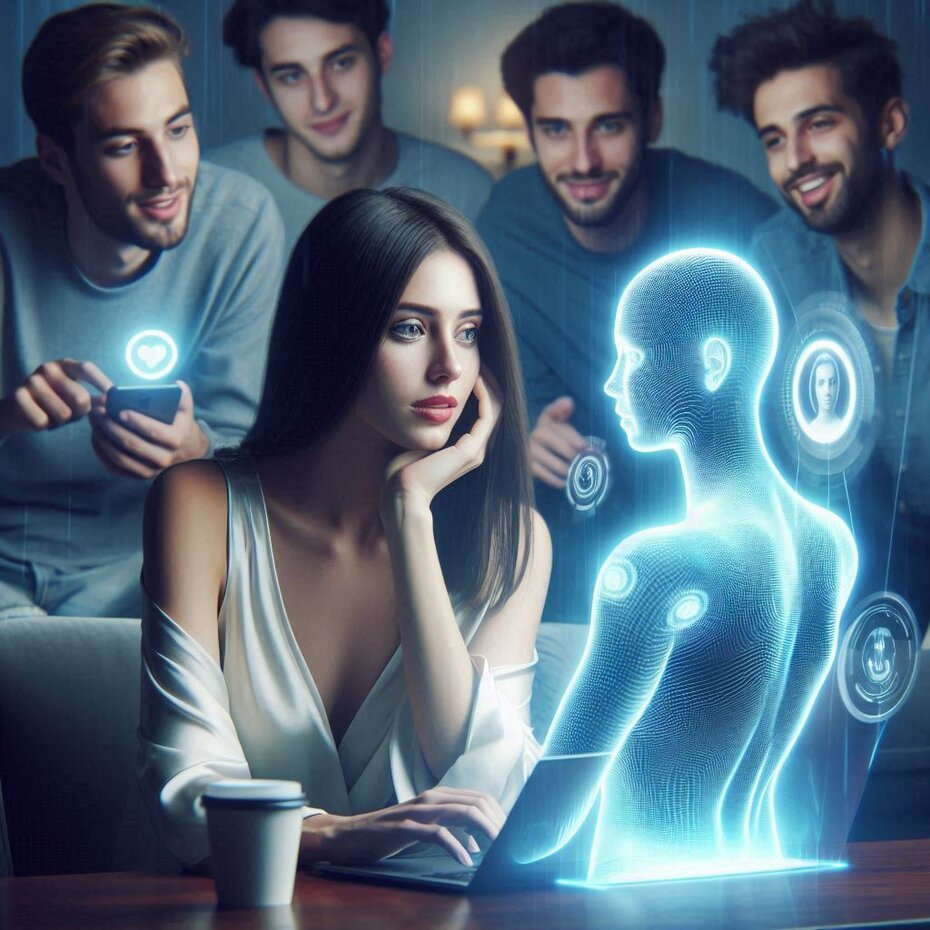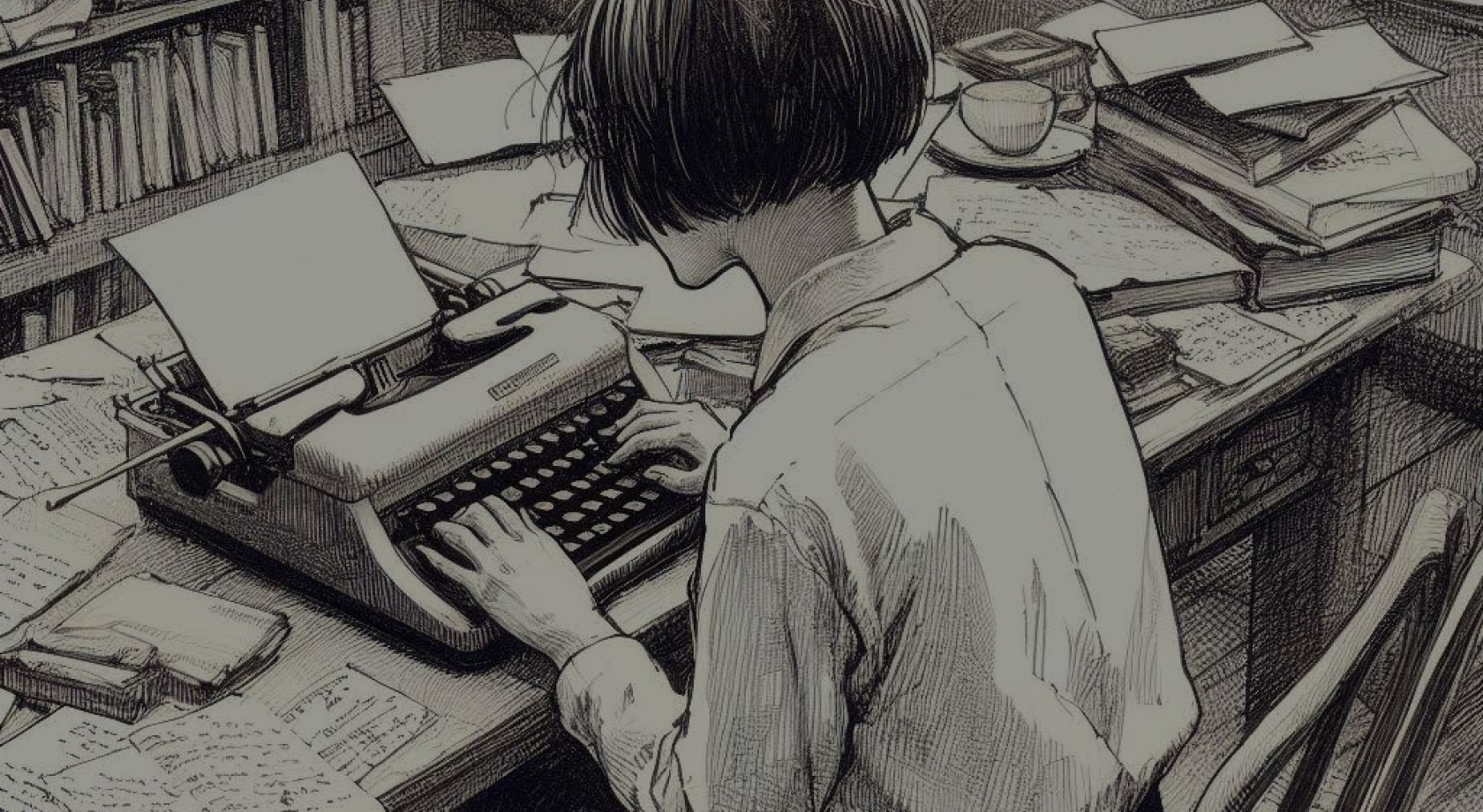The era of dating apps is coming to an end. What's next?
Surveys of young people from the millennial and Z generations show that the era of dating apps is coming to an end. The sharp drop in the market value of these apps over the last year proves this. What's next? What will be the next solution for finding your soul mate?

September is approaching and with it the beginning of spring. What beauty! I can already see the buzz of the birds at mating time, the air filled with the scent of flowers and romance...
Stop, stop, stop, there's something wrong with this delirium. If you, like me, have been listening to the soundtrack of 'Love is in the ai'r while dreaming of the arrival of spring, I need to warn you that love is not in the air. Many things float in the air these days: particles, exhaust fumes and even the fateful grain of pollen, but love has become a luxury commodity: it's hard to find.
At least that's what young people have been saying when interviewed by research institutes in search of an explanation for the astronomical fall in the market value of dating apps in recent years.
The use of dating apps began in 2009 with Grindr, and became a trend in 2012 with the appearance of Tinder. Since then, many alternatives have been created so that people of all genders, sexual options and niches can get a match. Hinge was created for those looking for a serious relationship; Raya, for influencers and celebrities; Dating.com, for those interested in luxurious and exclusive experiences, and Lex, Her, Scruff and Feeld for the LGBTQ+ community.
However, what has been observed in recent years is that the end of the golden age of dating apps is approaching. The Match Group, responsible for the Tinder, Hinge, Match.com and OkCupid apps, has lost around 70% of its market value in the last year, while Bumble has fallen to 10% of its initial market value in the last 12 months. It's a complete disaster!
Only apps aimed at the LGBTQ+ community have shown an increase in value recently. Grindr, one of the leading social networking platforms for non-heterosexual dating apps, has shown robust growth of over 30% in the last 12 months, yet it has not been profitable.
But what is the cause of this change?
Kate Lindsay, a specialist in internet trends and culture, says that millennials are fed up because of bad experiences with these apps, the difficulties of dealing with the search robot and databases full of false information. GenZ, on the other hand, has practically lost interest in dating apps. A survey conducted in American schools and universities showed that 79% of young people have not used these apps. Not even once a month. A third of Bumble users say they are attending fewer dates to preserve their mental health when it comes to relationships.
However, a survey by the Pew Research Center reports that the majority of people are dissatisfied with their love life and have difficulty finding new partners.
Until a new alternative to dating apps emerges, the use of career apps (LinkedIn) and language learning apps (Duo Lingo, for example) as a means of finding new love has grown. LinkedIn seems to be the favorite. After all, who would want to get an unemployed boyfriend? And using this app has an added advantage: you won't be taken by surprise by a torrent of distasteful images during the selection process for boyfriend candidates. Who would put indecent photos in full view of everyone, including their own boss?
A survey published on DatingNews.com says that it is so difficult for singles to find someone they like that 1/3 of people are moving on to consensual non-monogamous relationships. Other surprising information can be gleaned from this same survey, such as: 17% of respondents choose to take anxiolytics or antidepressants when they need to relax, 43% have used artificial intelligence to describe their profile on dating apps, although they complain about the artificiality and difficulties of using robots to find compatible profiles, 54% of young singles have not had sex in the last 12 months and, among Generation Z respondents, 45% say they have mental health problems and 20% wonder about their gender identity.
While new alternatives to dating apps aren't arriving, in Japan, where 2/3 of young people don't have a partner, a new alternative has been launched to get around the population's growing loneliness crisis. Loverse is a chatbot based on artificial intelligence that offers virtual partners to those looking for companionship, or even “marriage”. It'll be hard to go back to the difficulties of maintaining a real relationship, won't it?

